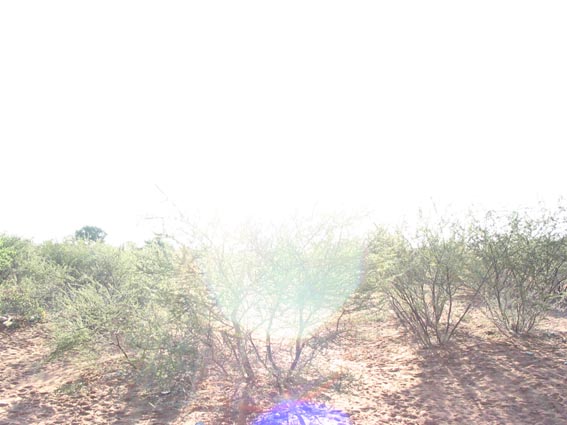Hearing
Voices is a ‘composed documentary’ which features recordings
of various click language speakers from D’kar in the Kalahari
Desert, Botswana. Apart from the voices of various academics from
the field of linguistics and endangered languages, every sound in this
half-hour piece for radio is derived from the Khoisan subjects' voices
and their environment. Hearing Voices moves seamlessly
between documentary and abstraction, language and music, weaving together
interviews, field recordings and music in a compelling and adventurous
exploration of languages on the verge of extinction. (BBC R3
Press Release) Superb
stuff! It was an enjoyable, intelligent, thought-provoking and unique
30 minutes. (Dexter
Bentley, Resonance FM) Best
thing I've heard on the wireless for ages! (Rob Gawthrop, Hull Art Lab) Hearing Voices presents much more in form and content, and their interrelation, than the current received rules of radio documentary normally allow. From the outset the listener is presented with a capricious sound world where aural objects shift and surprise, and conventions are undermined or mutated. From a northerner’s post colonial point-of-audition, where issues of representing the subaltern are riddled with dangers, many artists would grasp extant, albeit exhausted and ill-considered practices, or back out of the undertaking altogether. John Wynne, acutely sensitive to the hazards of the task in hand, and passionate about the subject matter, has found an approach that informs, but also questions. And it is within that implicit questioning that is built into the structure and treatment of the materials that a running critique is revealed. John
Levack Drever
|



